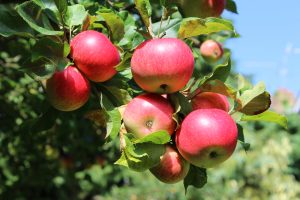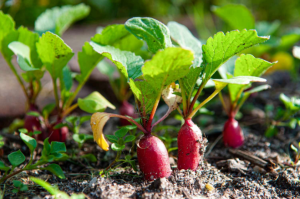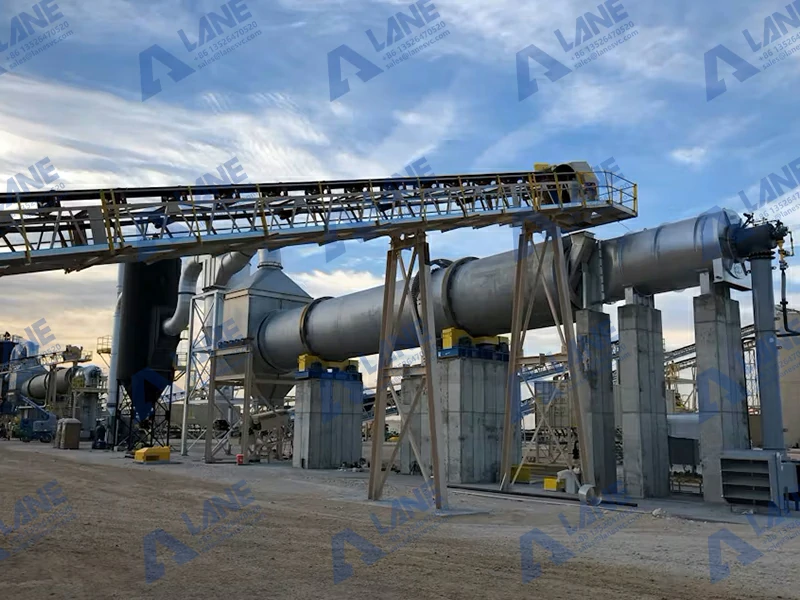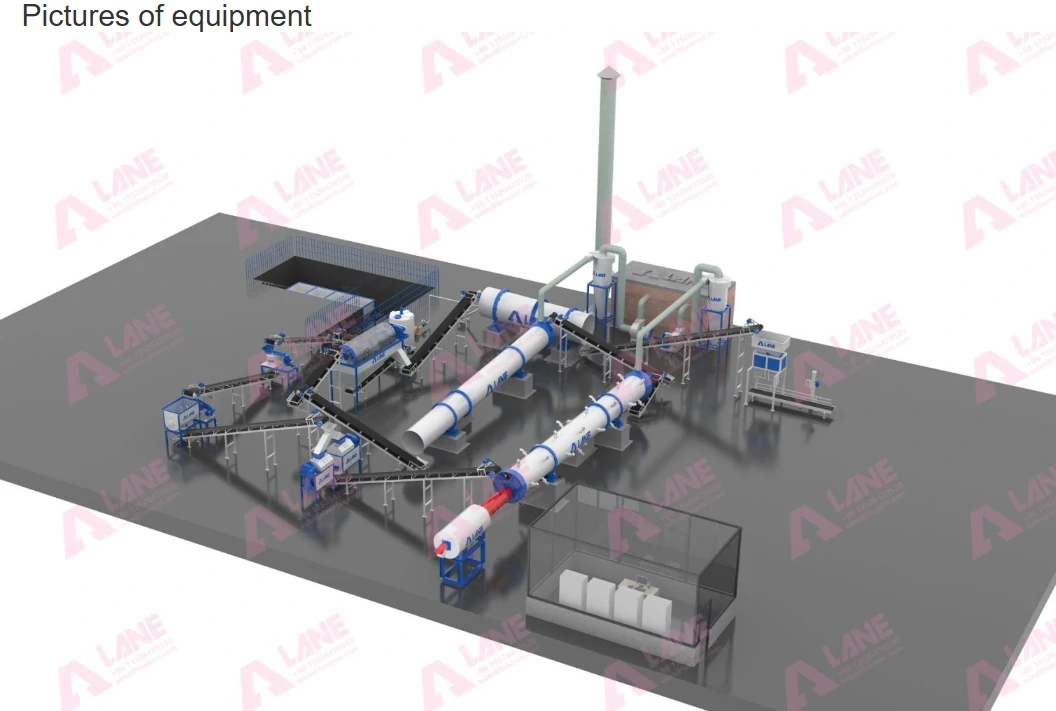The Use of Triple Superphosphate Fertilizer for Different Crops
Phosphorus is one of the three essential nutrients required for healthy plant growth, alongside nitrogen and potassium. It plays a crucial role in energy transfer, photosynthesis, and nutrient movement within plants. Among the various phosphorus fertilizers available, Triple Superphosphate (TSP) stands out for its high phosphorus content and effectiveness. This highly concentrated fertilizer provides crops with readily available phosphorus, promoting stronger root development and enhancing overall plant productivity.
In this article, we’ll explore the use of Triple Superphosphate Fertilizer across different crops and how its application can benefit agricultural practices.
Boosting Root Development in Field Crops

Field crops such as wheat, corn, and barley are grown on vast expanses of land, and strong root systems are essential for efficient nutrient uptake and drought tolerance. The use of Triple Superphosphate Fertilizer in these crops has been shown to significantly improve root growth by supplying them with phosphorus early in the growth stage. This phosphorus is crucial for the development of deeper, healthier roots, which results in increased resilience against environmental stressors such as drought and nutrient-poor soils.
Applying TSP during planting ensures that the crops receive the necessary nutrients during critical growth phases, helping to increase overall yield. This is especially beneficial in soils where phosphorus availability is low, ensuring that field crops can thrive even in less fertile conditions.
Enhancing Fruit and Flower Production in Orchards

Fruit trees and flowering plants depend on a continuous supply of phosphorus for the production of fruits and flowers. The use of Triple Superphosphate Fertilizer is highly effective in orchards and flower farms because it helps plants store and transfer energy, which is vital during flowering and fruiting stages.
For crops such as apples, peaches, and citrus fruits, applying TSP can lead to larger, more abundant fruit yields. The phosphorus in TSP promotes flower development, ensuring a higher rate of fruit set. In addition, stronger root systems created by TSP ensure better nutrient and water uptake, improving the quality and size of the fruit.
Similarly, flowering plants such as roses and tulips benefit from TSP, as it enhances bloom production and extends flowering periods, leading to more vibrant flowers.
Improving Vegetable Growth in Horticulture

In vegetable farming, phosphorus is essential for maximizing the growth of leafy greens, root vegetables, and legumes. The use of Triple Superphosphate Fertilizer in horticulture can greatly improve the quality and yield of crops such as lettuce, spinach, carrots, and beans.
Phosphorus supplied by TSP supports early root development and improves plant health, which is particularly important for root crops like carrots and potatoes. For leafy vegetables, phosphorus boosts energy transfer, resulting in faster growth and larger leaves. TSP also helps leguminous crops like beans and peas, which require phosphorus to fix nitrogen effectively, leading to more productive plants and better soil quality.
In horticultural practices, TSP is often applied as a side dressing or incorporated into the soil at planting, ensuring that vegetables receive phosphorus throughout the growing season.
Promoting Growth in Sugarcane and Other Industrial Crops

Industrial crops like sugarcane, cotton, and tobacco are vital for the global economy, and phosphorus is a critical nutrient for their growth and yield. The use of Triple Superphosphate Fertilizer in sugarcane production, for example, ensures the development of a strong root system, which is necessary for the plant’s long growth cycle.
Sugarcane requires substantial amounts of phosphorus for its energy-intensive growth process. TSP provides a steady supply of phosphorus, allowing for better sugar production and higher cane yields. In addition, phosphorus helps the plant withstand pests and diseases by promoting overall plant health and vigor.
For other industrial crops like cotton and tobacco, TSP helps improve fiber and leaf quality, respectively. The deep-rooted nature of these crops means that phosphorus availability in the soil is critical for nutrient uptake, and TSP ensures that these crops receive a sufficient supply of this nutrient throughout their growing cycles.
Addressing Phosphorus Deficiency in Legumes

Legumes such as soybeans, peanuts, and lentils are nitrogen-fixing crops that require phosphorus for efficient nitrogen fixation. The use of Triple Superphosphate Fertilizer in legumes ensures that the plants have adequate phosphorus to support the nitrogen-fixing process, which is crucial for their growth and for improving soil fertility.
Phosphorus is also important for seed development in legumes, leading to higher yields and better-quality seeds. Applying TSP to leguminous crops ensures that they develop strong root systems, which enhances their ability to fix nitrogen, contributing to better crop health and improved soil nutrient levels for future planting.
TSP in Pasture and Forage Crops
Pasture and forage crops such as alfalfa and clover also benefit from the use of Triple Superphosphate Fertilizer. These crops require high levels of phosphorus to develop healthy root systems and ensure robust growth throughout the grazing season.
In livestock farming, high-quality pasture is essential for animal health and productivity. By use of Triple Superphosphate Fertilizer, farmers can increase the nutritional value of their forage crops, leading to healthier livestock and higher-quality meat and dairy products. TSP helps maintain the balance of nutrients in pastures, ensuring that forage crops continue to provide the necessary nutrients for livestock over multiple grazing cycles.
Conclusion
The use of Triple Superphosphate Fertilizer is a versatile and effective solution for enhancing the growth and productivity of a wide range of crops. From field crops to fruit trees, vegetables to legumes, and industrial crops to pasture, TSP provides the phosphorus necessary for strong root development, improved nutrient uptake, and increased crop yields.
As agriculture continues to face the challenge of feeding a growing population, the role of high-quality fertilizers like TSP in boosting crop production cannot be overstated. By understanding the specific needs of different crops and applying TSP appropriately, farmers can improve both their productivity and the sustainability of their farming practices.







Send a message to us